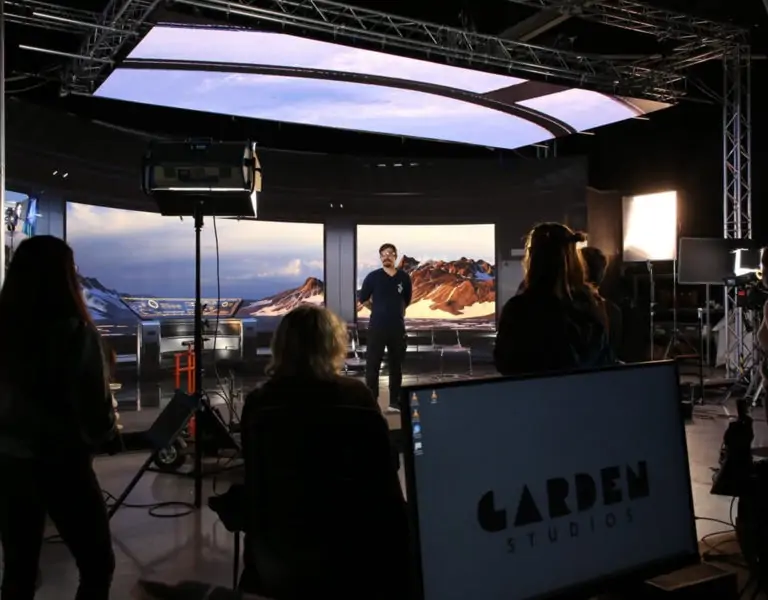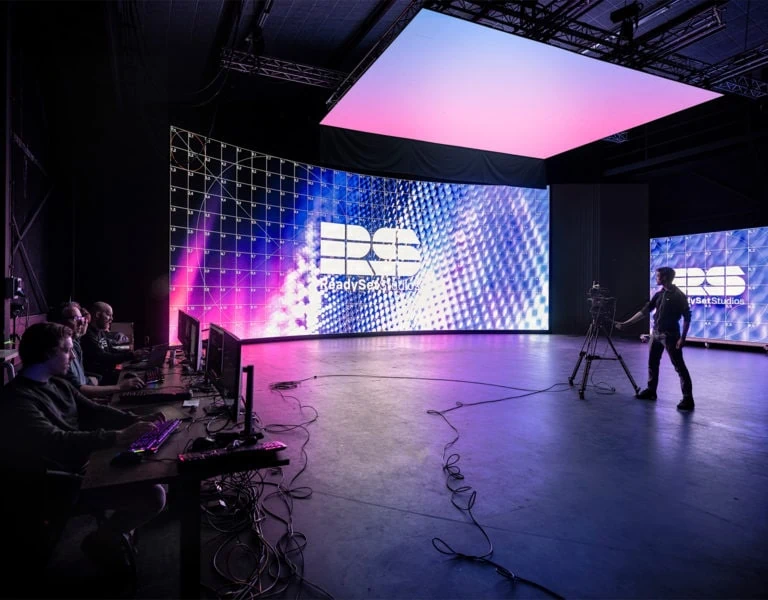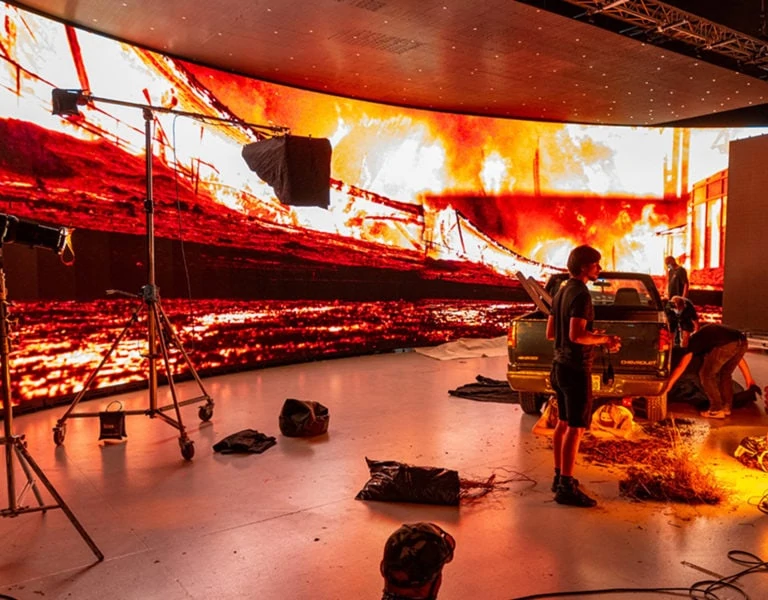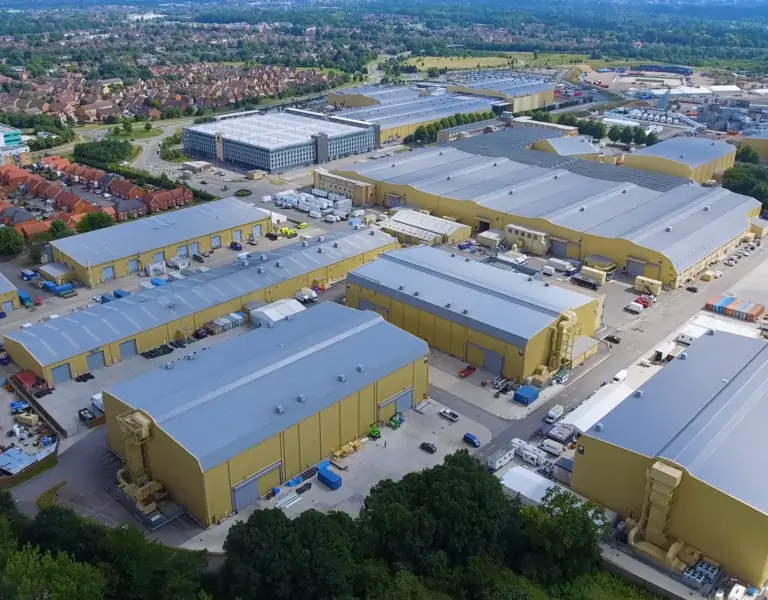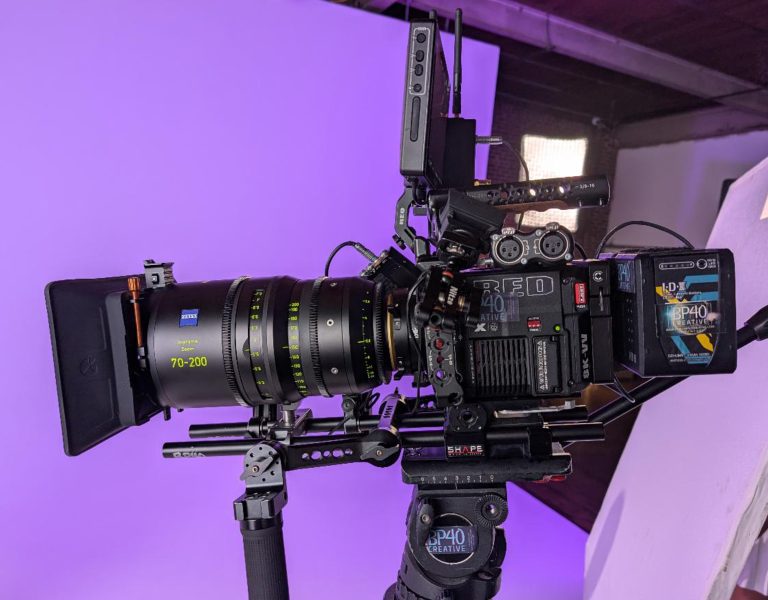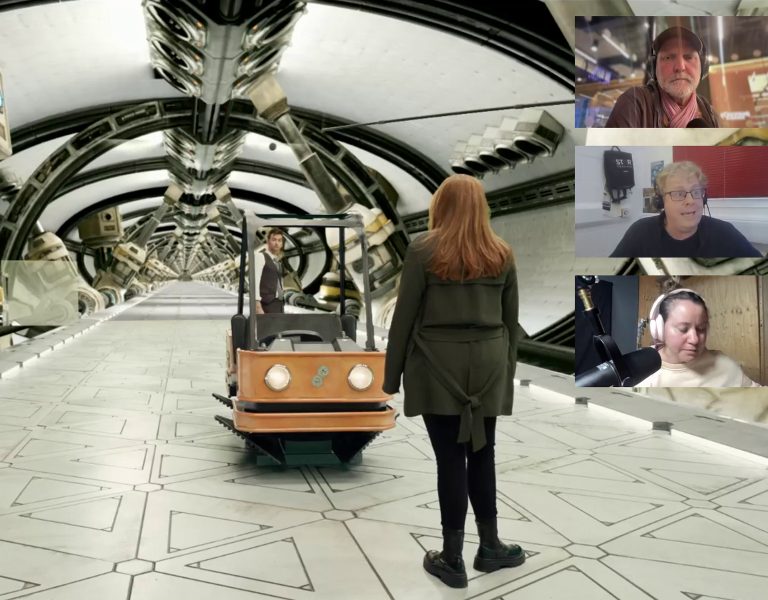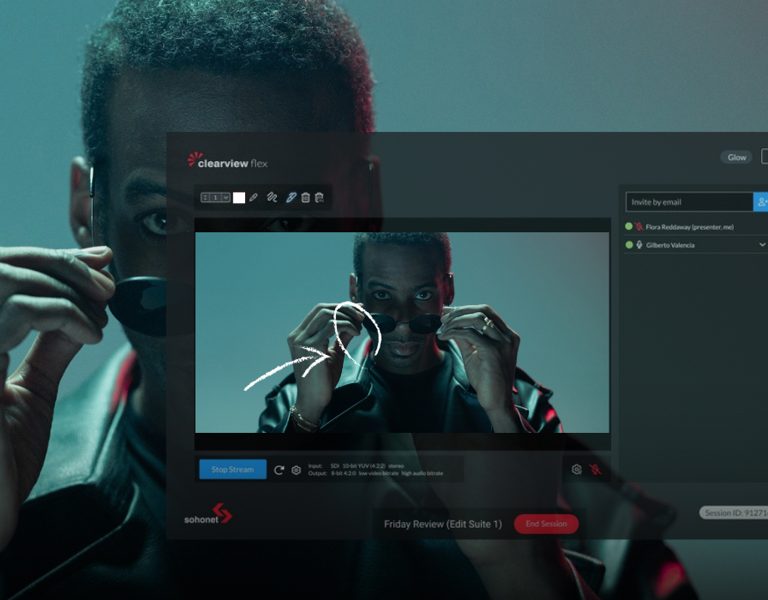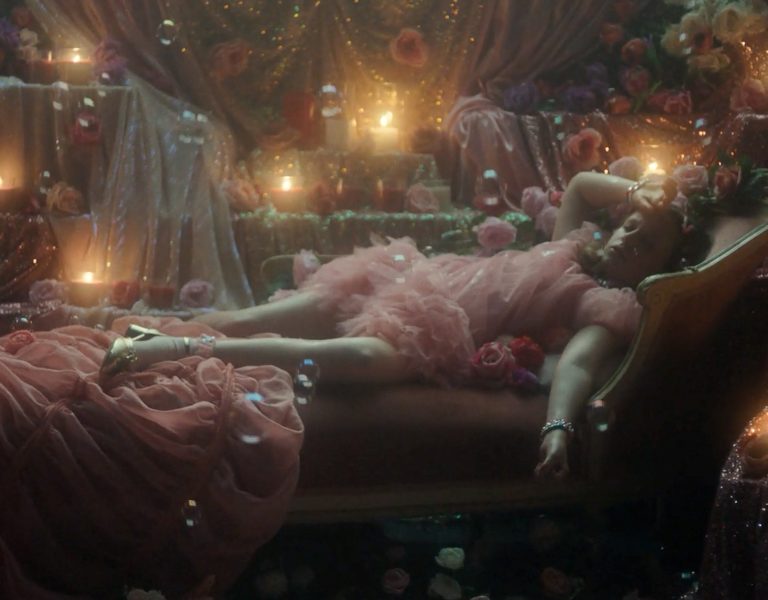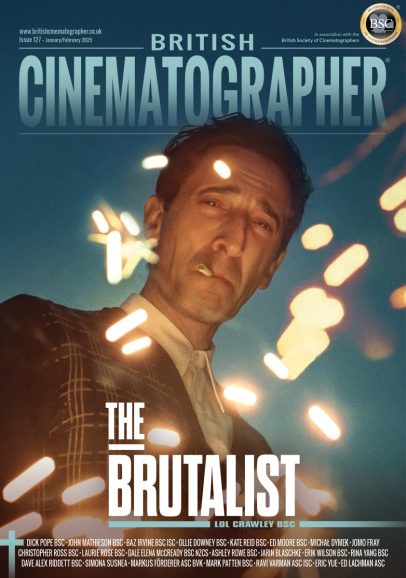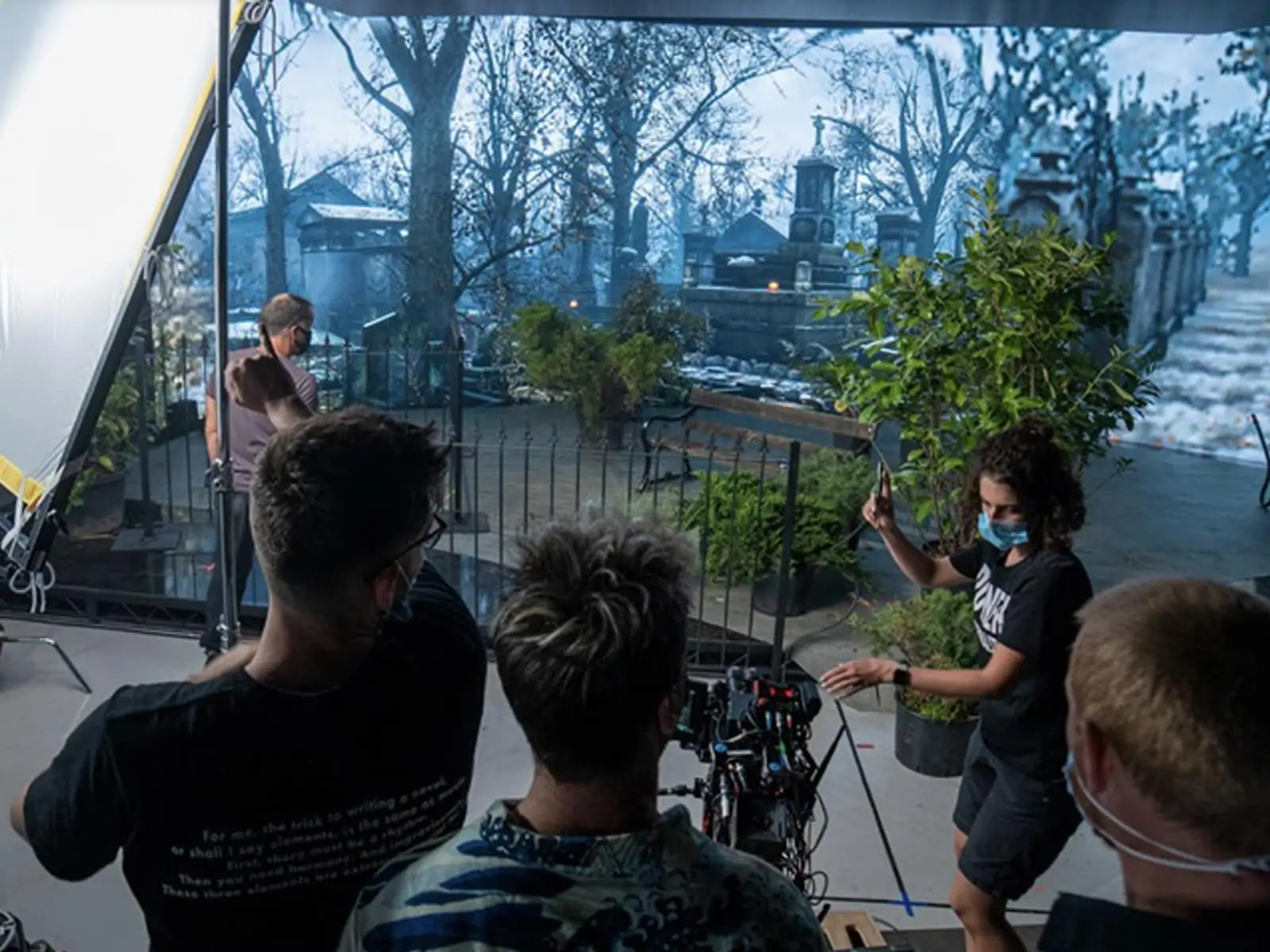
London’s first virtual production studio has revealed the UK’s first ever “carbon neutral” virtual production film. Garden Studios announced the news on Friday to mark the countdown to the COP26 Climate Summit.
Created in partnership with Quite Brilliant and MadeBrave, the film showcases the real benefits of virtual production, revealing how the wider creative industries can help to tackle climate change and environmental degradation.
The short film, which was shot in just one location, showcases 10 settings, taking its audience on a journey “around the world” – from Scotland to Japan.
The resultant emissions were less than one tonne of carbon – which was subsequently offset – compared with what would have been more than 120 times this amount if it had been shot as a traditional multi-location film.
Chris Chaundler, managing director of Quite Brilliant, the London-based production house behind the film, said: “Virtual production is here to stay and has the potential to massively decrease the carbon footprints of productions, as we have demonstrated with this project. With virtual production, the possibilities are truly endless; creatives can influence sets in ways they’ve never been able to before. Virtual stages are also inherently safer and more efficient places to create new film content while some virus-related restrictions remain in place.”
The film, written and directed by Nick Jones, illustrates how virtual production can be a cost-efficient alternative to traditional shooting. The transfer of skills and assets from the gaming to the film world has resulted in a proliferation of photorealistic environments that are now accessible to everyone, via platforms such as the Unreal Marketplace.
Andrew Dobbie, founder of MadeBrave, said: “Virtual production is one of the most important innovations since digital cameras replaced traditional film stock. While it’s not the answer to everything, it’s without doubt one of the greatest technical advances of recent years and holds the key to improving sustainability in the creative industries.”
In addition to driving down the need for travel, virtual production alleviates the need for normal tungsten lights and removes the huge costs associated with set-building.
The unison of movement between camera and imagery is called the parallax, creating the illusion of a physical location. Live camera tracking translates accurate camera movements into the rendering platforms, where they are realised in real time.
Garden Studios, located in Brent, features a 270-degree video wall “volume” spanning 18 metres.
Dobbie concluded: “We are so excited to showcase the real impact of virtual production with this project; no longer do we need to drag crews around the world driving up carbon emissions. For a virtual production, there are no flights required; just one volume, one studio and the power of real-time game engine technology.”




